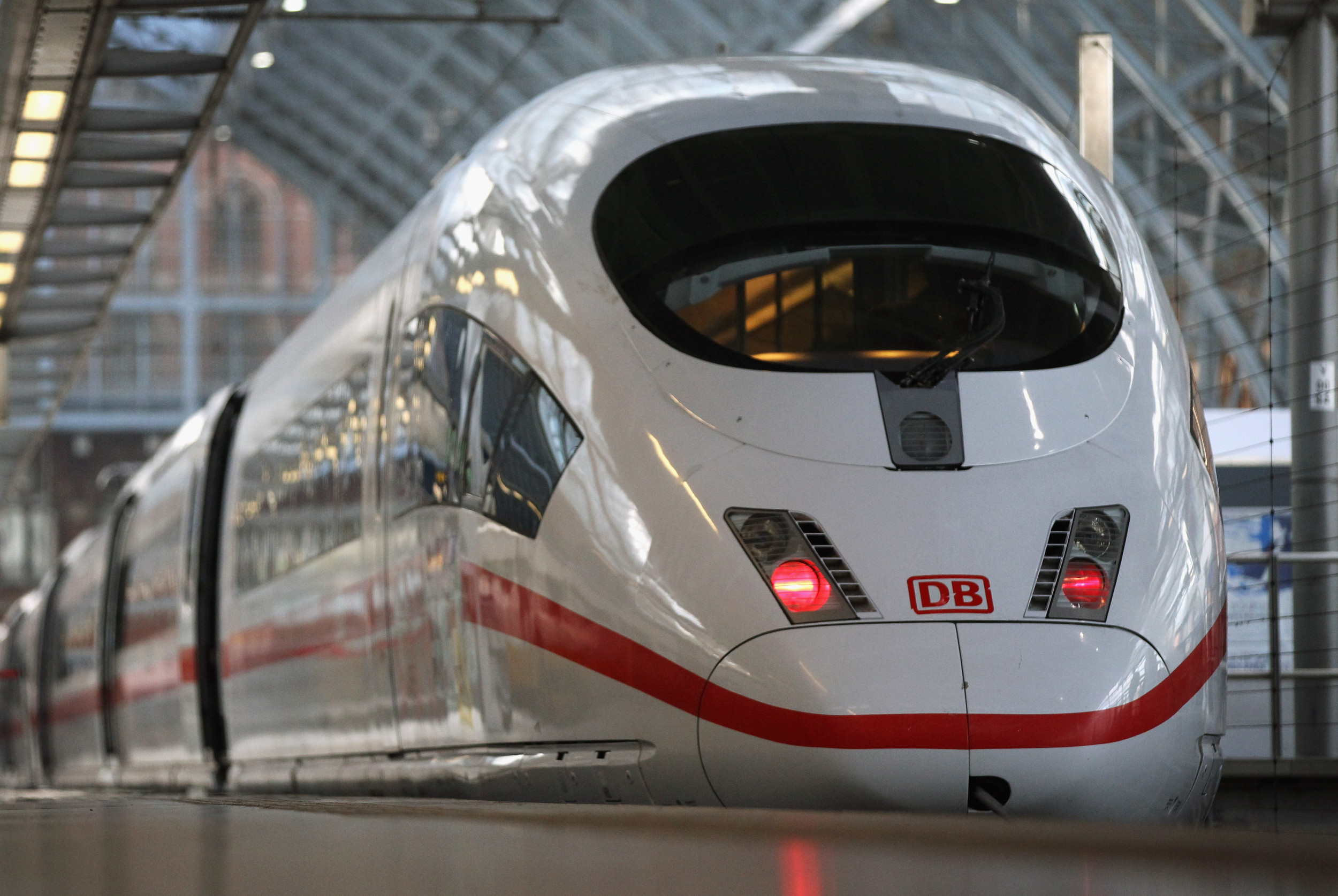Beijing's zero-tolerance approach to stamping out COVID-19 outbreaks nationwide may cause serious strain on year-end production quotas as the holiday season nears in the United States and China.
On Wednesday, authorities in Zhengzhou, a city of roughly 10 million people in central Henan province, locked down a major industrial park housing major Apple supplier Foxconn. The Taiwanese electronics manufacturer employs some 200,000 staff, who have been assembling the latest iPhone 14, but also gadgets for Microsoft, Google, Sony and Amazon, among others.
The 600,000 or so people working in the Zhengzhou Airport Economy Zone will have their movements restricted for a week until November 9, district officials said. Along with other Zhengzhou neighborhoods with positive cases, the industrial area will undergo mandatory daily testing for the virus.
Non-essential personnel and vehicles aren't allowed on the streets, while certain—but unspecified—key businesses will continue to operate in a "closed loop," officials said. It's unclear what sort of deal Foxconn has struck with local authorities, but the supplier said production at its plant in "iPhone City" would continue as normal.

COVID bubbles have been implemented with mixed results in the past. Quanta Computer, which assembles Apple's MacBooks, was given a license to operate during the citywide lockdown in Shanghai in the spring, but it didn't stop a spike in infections among employees.
Zhengzhou's snap lockdown has increased scrutiny on an opaque cluster of infections at Foxconn, where hundreds to thousands of employees were filmed escaping their dormitories over the weekend to avoid mandatory quarantine under poor living conditions.
The company has so far declined to give details about the size of the outbreak. After an online backlash over the worker exodus, it promised to facilitate their return home, but it's also upping efforts to retain its workforce to meet domestic and foreign demand.
On Tuesday, Foxconn quadrupled its daily attendance bonus for assembly line personnel to 400 Chinese yuan ($55), with full attendance this month likely to see workers earn an extra 15,000 yuan ($2,060) on top of regular wages, a company announcement said.
Foxconn produces 70 percent of iPhones, most of them at its Zhengzhou site, according to the latest estimates. Apple has moved some production to India in a bid to reduce risks, but its current reliance on the Chinese market means the predicament comes at a particularly unfortunate time.
The assembler will have kept component stockpiles and can maintain its operations for some time, but it's unclear how it plans to address the supply chain halt amid the latest COVID restrictions, especially as consumer demand is expected to spike over Thanksgiving and Christmas in the U.S. and during the Lunar New Year in January.
Apple said it generated one third of its iPhone sales last year during the holiday period.

Its press office didn't respond to Newsweek's questions about an expected supply crunch in the coming weeks, but a Reuters report on Monday said iPhone production could fall by 30 percent this month due to the China's zero-COVID policy.
Apple is attempting to increase production at another assembly plant in Shenzhen, a manufacturing hub in southern Guangdong province, but the region has also been subject to tightening virus restrictions.
The country's new COVID infections rose by more than 2,000 on Wednesday for the third day in a row, with Zhengzhou accounting for 359, according to China's national health authority.
The vast majority of cases are mild or asymptomatic, but the exodus of Foxconn staff was just one example of the public's dread of the virus, and more importantly the impact on their freedom that follows a positive test.
Policy experts say the mood is directly related to Beijing's framing of COVID as an existential threat, and zero COVID—President Xi Jinping's signature public health strategy—as the only way to defeat the pandemic.
The fear and stigma surrounding COVID infections have also fueled rampant rumors online about the scale of the outbreak among Foxconn staff. On Tuesday, the company denied that employees in one of its dormitories had died after contracting the virus.
"There are no deaths at our facility," Foxconn said.
Uncommon Knowledge
Newsweek is committed to challenging conventional wisdom and finding connections in the search for common ground.
Newsweek is committed to challenging conventional wisdom and finding connections in the search for common ground.
About the writer
John Feng is Newsweek's contributing editor for Asia based in Taichung, Taiwan. His focus is on East Asian politics. He ... Read more





